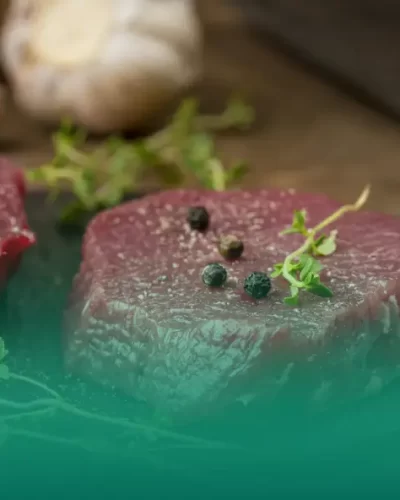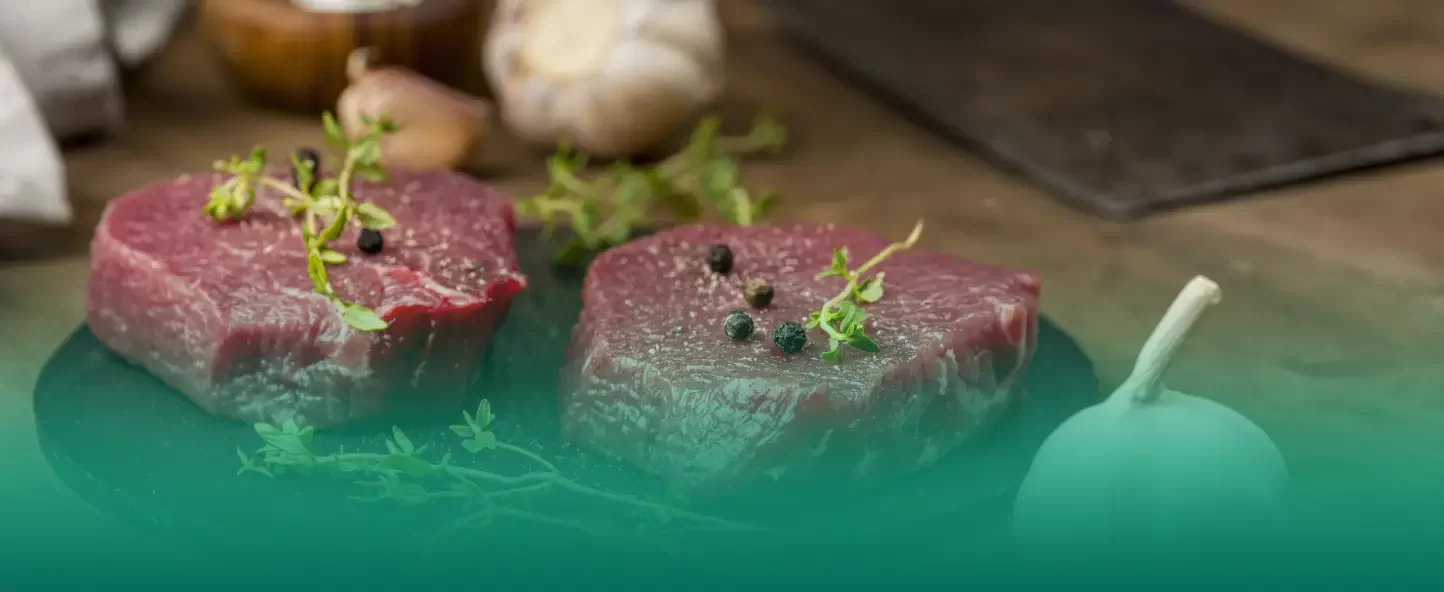Myth: People can’t be healthy without meat
The most valuable components in meat are protein, iron and vitamin B12. However, there are other products that can meet the need for these substances.
For example, protein. 100 g of lean pork contains slightly more than 26 g of protein, which is about half the daily requirement. At the same time, 100 g of boiled soybeans contain 18 g of protein, which includes all the necessary amino acids.
Iron. Red meat is rich in iron: for example, 100 g of lean pork contains 1.15 mg of iron. However, 100 g of baked beans contains even more – 1.4 mg.
Iron is also present in other legumes, dried fruits, whole grain porridge and bread. And although iron is less absorbed from plants, vegetarians can get enough of it.
Vitamin B12. This vitamin is found not only in meat, but also in dairy products. Strict vegans are recommended to take 250 mcg of vitamin B12 per day.
According to some studies, vegetarians may live longer. This is probably due to a healthier lifestyle: they play sports more often, drink alcohol less often and do not smoke.
Myth: Meat is poorly digestible
This is not entirely true. Many scientists believe that humanity has become the most intelligent species on the planet precisely thanks to the ability to eat meat. If meat had not been digested efficiently, our ancestors would not have been able to obtain enough building materials and energy for development.
Meat is not only protein, but also a valuable source of energy and building material for the body.
Carbohydrates are digested the fastest, followed by proteins and then fats. Therefore, amino acids from fatty steak are absorbed more slowly than from lean chicken. On average, it takes about two days for a healthy person to completely digest meat.
If you consume an excessively large amount of meat (more than 200 g per meal), there may be a lack of gastric juice and enzymes to break down all the protein. As a result, a person may experience abdominal discomfort and other unpleasant sensations.






